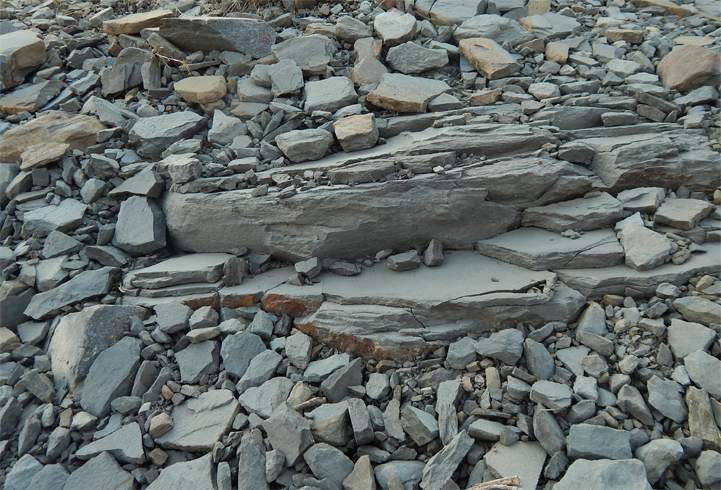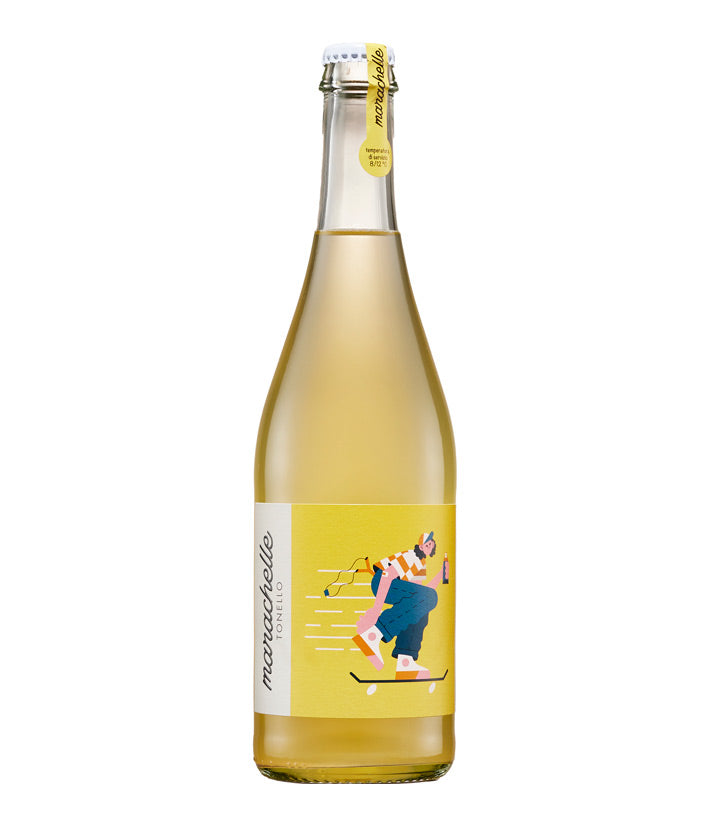
Considerations on Minerality in Wine
The term ‘minerally’ as a wine descriptor has become one of the most widely used and in vogue terms in contemporary wine talk; it is used equally by wine lovers, often to show that they can talk the talk, journalists and wine producers. When the term minerally is used to describe a wine it carries a connotation of good quality, a minerally wine is considered to be in some way good. The problem is that what the term minerally means is not always clear. Unlike other descriptive terms, such as citrus or strawberry, which for most people clearly evoke recognisable aromas and flavours, the term minerally remains vague. Minerals are largely without aroma and without flavour. How then is it possible to describe the aroma and flavour of a wine using a descriptor that itself has no aroma or flavour?
All wines contain dissolved minerals, inorganic salts, such as potassium, nitrogen, phosphorus and sulphur, to name a very few, in small, often minute, and varying quantities. When a wine is described as minerally, however, the reference is not to the dissolved minerals contained in the wine. In order to describe mineral-like aromas, wine tasters use words like seaweed, wet bitumen, chalk, gunpowder, slate and even crushed rocks. These types of aromas are much more obscure than other typical aromas found in wine, such as those of fruits, flowers and spices, and as such their perception in a wine is more likely to be influenced by the subjective experience of the individual taster. This is why a minerally aroma might mean one thing to somebody and another thing to somebody else, thereby creating ambiguity in wine description and tasting analysis – describing a wine as having strawberry aromas does not have the same ambiguity as saying the wine has mineral aromas. Some winemakers and scientists attribute mineral aromas to low levels of volatile sulphur compounds caused by reduction – aromas such as burnt rubber, boiled vegetables and struck matches – during the winemaking phase. If this is in fact the case, a winemaker could manipulate his or her winemaking style to create the minerally aromas that are regarded as so desirable in contemporary wine judgement.
Many tasters and winemakers believe that minerality in a wine is easier to taste than to smell. In this view, minerality is regarded as a sensation perceived on the palate of the taster, just like acidity and tannin-derived astringency. If we consider minerality to be a sensation of taste or texture on the palate, its effect is one of salinity or sapidity, which in turn stimulates salivation and makes the drinker feel like taking another sip. Minerality gives to a wine a sensation of freshness and vibrancy on the palate, as opposed to one of flatness and dullness, a further depth of flavour that lingers after the wine has been swallowed.
The Californian wine producer Randall Grahm, of Bonny Doon, conducted a famous series of experiments in order to measure the effect of minerality on the taste of wine. Here Grahm bypassed the work of the vineyard by adding rocks directly to his wine. He selected specific rock types, crushed them and macerated them in his wine for a prolonged period. The results of these experiments, coupled with his many years of wine tasting experience, led him to the conclusion that in wines with a marked minerality there is ‘… a suppression of obvious fruit.’ He continues, ‘What is most striking to me, though, about wines that have higher levels of minerals is that they seem to have a certain sort of nucleus or density around their centre; they are gathered, focused, cohered the way a laser coheres light.’
Grahm explains the effect of minerality on the taste and texture of wine, noting also that wines with a pronounced mineral character tend to be less fruity. Grahm, and he is by no means the only one, believes that minerality in wine derives from the type of soil in which grape vines grow, soils rich in limestone, schist and granite are examples, and conducted his experiments to confirm his beliefs. In his view, minerality is not something that the winemaker has control of, it is nature (soil) that endows a wine with a mineral dimension, just as it is said that only certain soil types are able to produce great wine.
The term minerally when used in wine talk is best understood as a sensation perceived on our palates, rather than a defined aroma, a sensation of vibrancy, energy and freshness, a sensation of salinity that stimulates and urges us to drink more, a quality that adds depth and persistence to a wine. In a famous description of Chablis, the English wine writer Hugh Johnson comes close to a perfect definition of minerality, ‘To say it has the essential qualities of water sounds a pretty back-handed compliment, too, but just as the cool volume of water when you swallow leaves nothing to be desired, so the stony freshness, the flinty, faintly sour fluidity of good Chablis has an elemental completeness.’
